Sustainably demonstrating responsibility
Our company sees itself as having a responsibility to act sustainably and is committed to the UN Sustainable Development Goals. In doing so, we take all facets of sustainability into account. We act sustainably not only to protect the environment, but also in the interests of our employees and business partners. We are a member of the VSI-Nasch sustainability initiative for the development of a uniform industry standard for the greenhouse gas calculation of lubricants and actively support the establishment of a European society for the uniform calculation and documentation of greenhouse gas values in the lubricants sector!
Around one third of the total energy consumed results from friction and wear. A good lubricant can significantly reduce these effects, which is already an important contribution to resource efficiency. Sustainability is therefore partly a normal effect of our product - but BANTLEON thinks ahead!
Through continuous, ongoing development of products, processes and procedures, we aim to inspire our customers with high-performance products and comprehensive service. Our broad development and production competence makes us an innovation driver and pioneer in the industry. Customized solutions are proof of flexibility and efficiency.
And Bantleon takes care
Honesty and fairness as well as an eco-social and ethical basic orientation are important values of our business policy. Long before the introduction of the ISO 26000 standard in 2011, Hermann Bantleon GmbH placed social interests and needs at the centre of its business activities. In addition to this, our Code of Conduct ( compliance guidelines) is binding for all employees and also serves as a guideline for our business partners along the supply chain.
compliance guidelines) is binding for all employees and also serves as a guideline for our business partners along the supply chain.
Due to that we take ecological and innovative product development into our own hands in our accredited laboratories. Another important aspect of our corporate philosophy are long-term partnerships and which is reflected in the BANTLEON corporate philosophy, which is based on four strong value pillars:
QUALITY
RELIABILITY
INNOVATION
SUSTAINABILITY
We take the same care of our employees, which we foster with a multitude of offers.
OUR SUSTAINABILITY IN ACTION
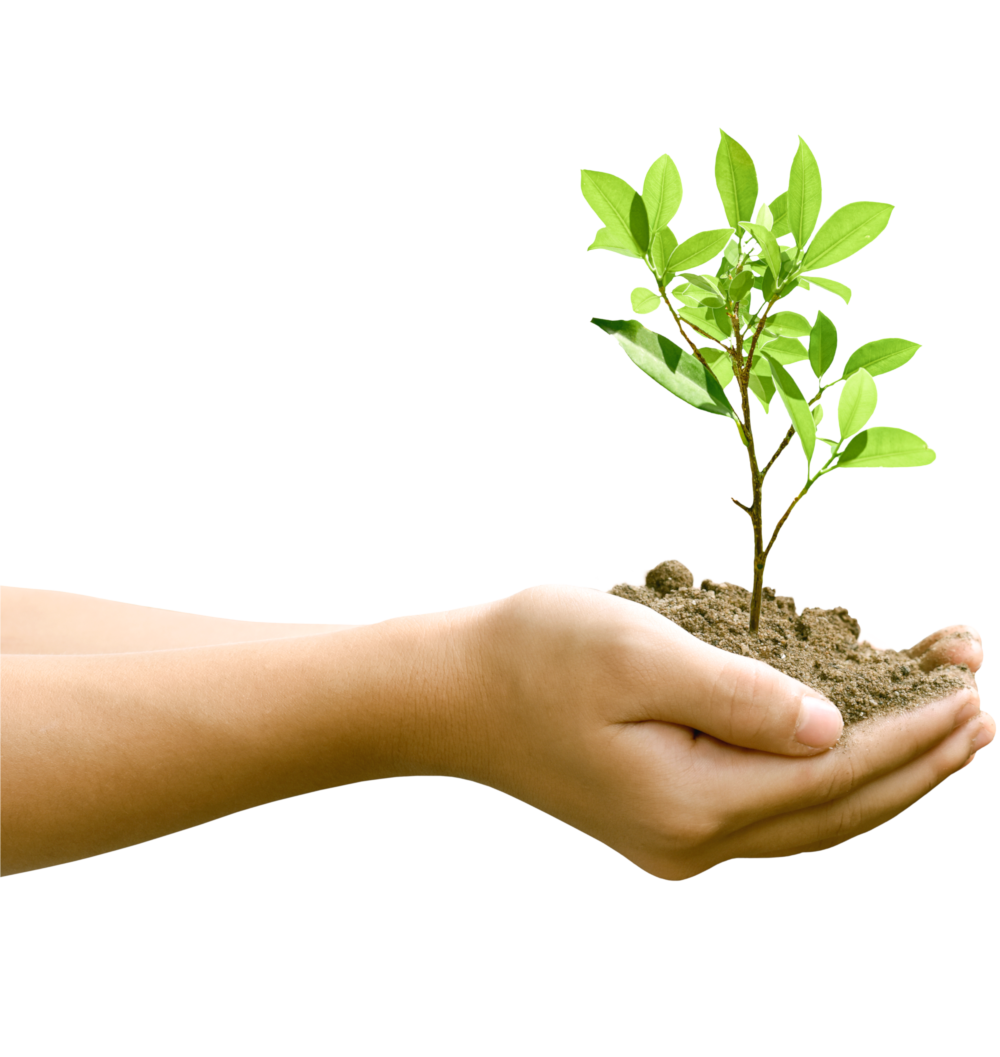
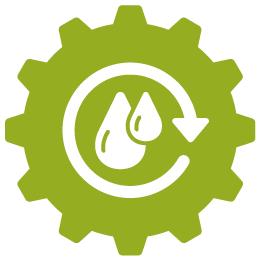
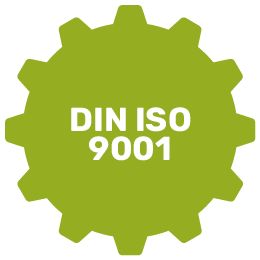

It has long been important for us to develop products that are as environmentally neutral as possible - and that cause as little harm as possible. Biodegradability is therefore a focus topic in our research.

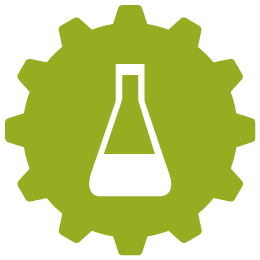
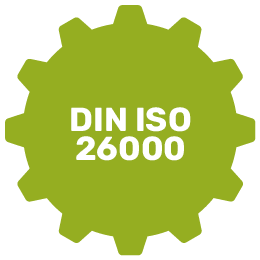
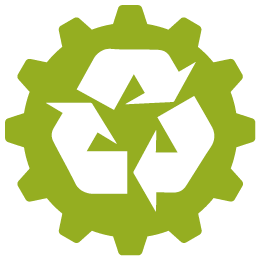





Ulm Human Rights Award Two anniversaries, one new award: On the occasion of the 70th anniversary of the "United Nations Universal Declaration of Human Rights" and 100 years of BANTLEON, the Ulm Human Rights Education Foundation and BANTLEON jointly awarded the fi rst Ulm Human Rights Award under the patronage of Nina zu Fürstenberg.
The prize was awarded for ambitious projects by pupils from the seventh grade upwards that deal with the topic of human rights in an original and creative way.

Joining the Development and Climate Alliance
Climate protection that has a double impact:
The Alliance encourages companies, organizations and private individuals to support projects where they have the greatest impact - in the Global South. This creates new opportunities for people, the economy and the environment.


CO2 compensation In a consistent continuation of our projects and values.
In doing so, we have focused on countries that we already actively support – with Uganda (69 %) and India (31 %) being selected. We mainly support projects there that have other positive side-effects at the respective locations besides pure CO2 reduction - known as the co-benefits.

CDP assessment for 2024
Sustainability and climate protection are key components of Hermann Bantleon GmbH's corporate strategy. As an SME (small and medium-sized enterprise), BANTLEON is increasingly focusing on transparent climate reporting and measures to reduce CO₂ emissions. True to the “avoid, reduce, offset” approach! In 2024, we once again participated in the Carbon Disclosure Project (CDP), which is the global standard for the disclosure of environmental data.
The CDP rates companies using a scoring system from D (Disclosure) to C (Awareness) to B (Management) and A (Leadership). The SME rating differs from this and ranges from D to B. We are delighted to have received a B SME rating from the CDP in the area of climate. This is the highest SME rating that can be achieved in the area of climate. BANTLEON sees its participation in the CDP as an important step towards further advancing its own sustainability strategy and making an active contribution to climate protection.


Lea-Mittelstandspreis 2025
As part of this award for Social Responsibility in Baden-Württemberg, we were awarded the “Socially Committed 2025” prize. This award is presented by Caritas, Diakonie, and the Baden-Württemberg Ministry of Economic Affairs, Labor, and Tourism.


EcoVadis bronze medal for BANTLEON
EcoVadis is an independent rating platform in the field of sustainability. It helps companies to validate themselves in the areas of the environment, labor and human rights, ethics and sustainable procurement and to further promote these topics. BANTLEON has once again had its sustainability performance reviewed by EcoVadis this year. We are delighted to have been awarded the bronze medal with a score of 84. This puts us in the top 35% of companies rated by EcoVadis - something we are proud of. The result shows that we are on the right track in terms of sustainability. And it also motivates us to continue our efforts in this area.
THE IMPLEMENTATION OF THE SDGS AT BANTLEON
What are the SDGs?
The SDGs (Sustainable Development Goals) are the 17 sustainability goals with their 169 targets that the United Nations jointly adopted in 2015. By 2030, the sustainable development of all nations is to be advanced in great strides with the help of these goals.
Hermann Bantleon GmbH tries to have a positive impact on as many SDGs as possible in many different ways. Focal points are set in the context of the three pillars of sustainability (economic, environmental, social/ethical) as follows. Please click on the logo to get to the document.
BANTLEON CONNECTS AND PROVES ITSELF
Responsibility can´t be lived out alone, which is why Bantleon was looking for partners early on, defined transparency form the beginning and created a new state.
This can be seen specifically in the co-creation of initiatives, memberships in alliances and recognition through awards.

